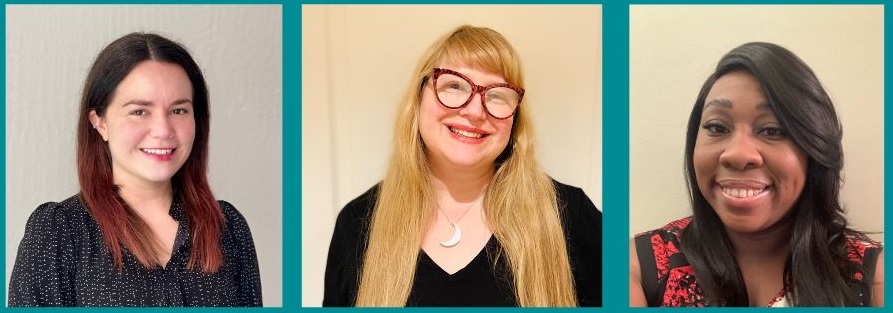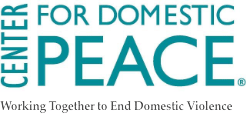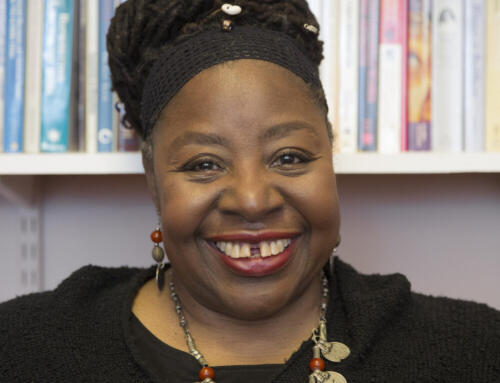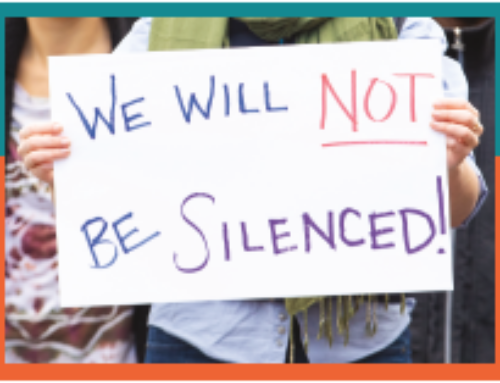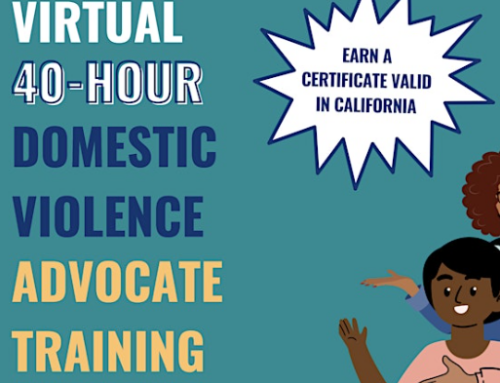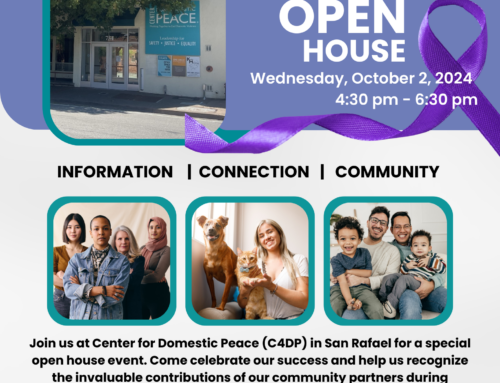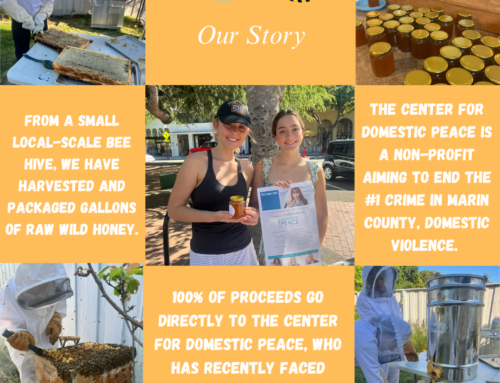Empowerment through Support Groups
Support groups are the cornerstone of the feminist movement, sustaining their significance since the 1970s. They offer a safe place for women to come together in community with each other, destroying one of the root tactics of abusers – isolation. There is a special power in women helping women, who may have different experiences but share a passion for healing. Support groups are key for many survivors in their journey to heal.
Moved to Zoom as a result of COVID-19, C4DP’s support groups continue online. We have learned this is a great equalizer, providing greater accessibility and removing barriers such as location, transportation, and childcare.
C4DP support groups are offered twice a week on Tuesdays (English 4-5 pm and Spanish 5-6 pm) and Thursdays 5-6 pm, and open to all regardless of gender. On average, 5-10 participants attend per session. Skilled advocates who are ethnically diverse with a wide range of experience facilitate the groups with different styles. Groups are free and open to all survivors, with no time commitment required. Some come once or twice; some come back time and time again, even showing up years later to refresh and revisit something they want to work on or process.
Our philosophy for leading the groups is survivor centered with a psycho-educational framework used to guide the discussions. We begin each session with a mindful moment to bring everyone present into the space for grounding and clarity. The topic rotates each week, with 6 topics created intentionally to be both broad and narrow so everyone can see themselves reflected. The brilliance is in the design of the program. Participants guide and support each other, validating their own story with shared experiences and finding their own pathway to heal. The 6 topics include: the definition of domestic violence and how it appears in our relationships; the impact of domestic violence on health and wellness; exploring how domestic violence impacts children; developing healthy boundaries and recognizing change; learning about the abuser-controlled relationship; and safety planning.
If you are interested in joining a support group, please call our English/Spanish speaking case manager @ 415-526-2553.
